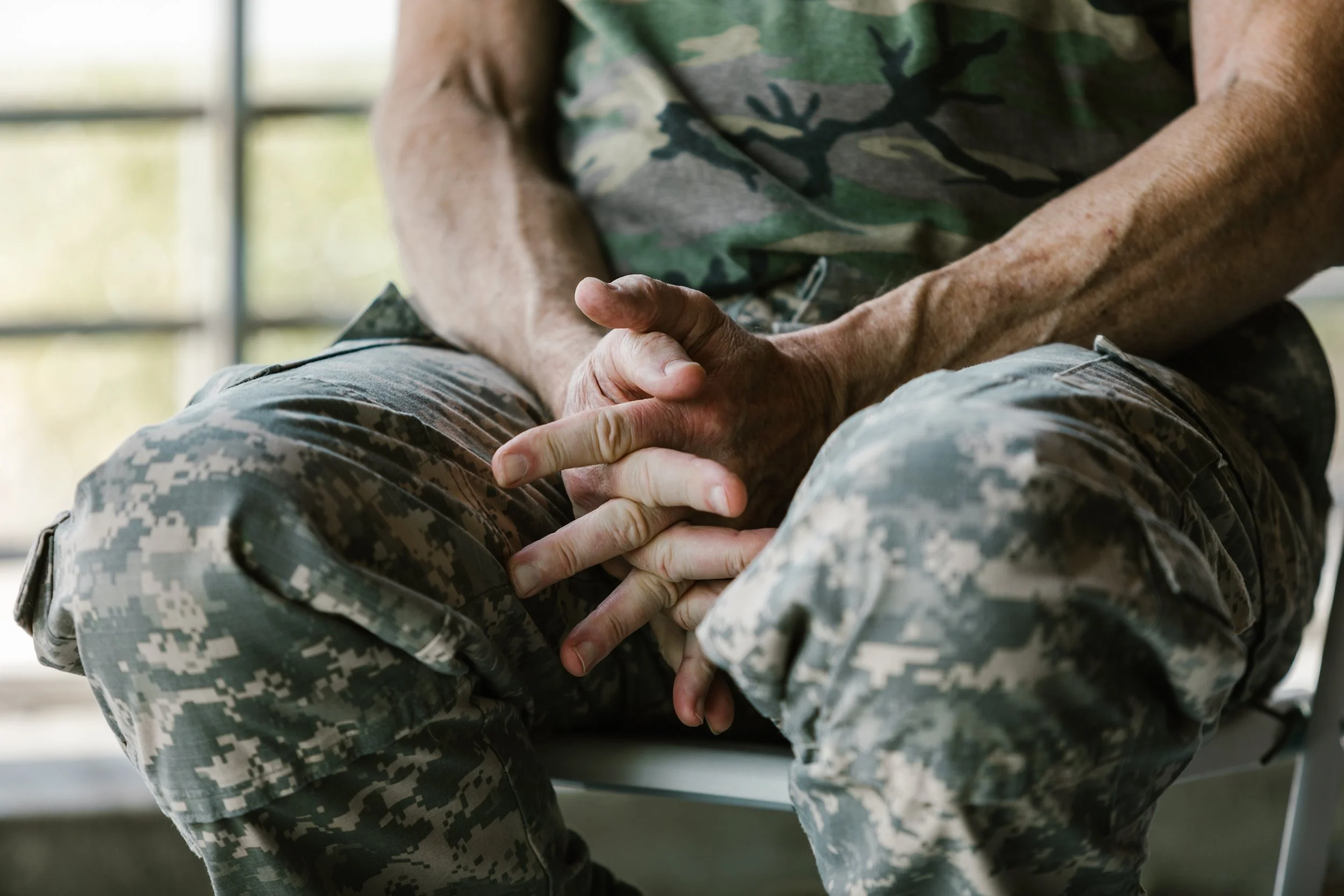Veteran's Day & Mental Health
November 11 is Veteran’s Day, celebrating the service of over 19 million United States vets. While this holiday honors the dedication and courage of those who served, veteran mental health often gets overlooked. If you or someone you know has served and grapples with mental health concerns, check out the information below to learn more about warning signs and resources.
Evaluate your wellbeing. While some war wounds are visible, others are not. Around 25% of veterans have a diagnosed mental health disorder. Whether you were recently discharged from the military or have been a veteran for many years, don’t forget that mental health is just as important as physical health.
Check for warning signs and symptoms. Common symptoms that veterans with mental health concerns may experience include trouble sleeping, frequent substance use, isolation, interpersonal relationship issues and angry or violent behavior. The two most common diagnoses for vets are post-traumatic stress disorder (PTSD) and depression, but no matter what symptoms you have, if these start to affect your daily activities it might be time to reach out for help.
Communicate with loved ones. Seeking mental health support can be challenging for vets who have been trained to be self-reliant in almost every situation. If you’re not ready to try counseling, speak with a trusted friend or family member or share your concerns with another veteran who might empathize with your experience.
Use support resources. Take the first step towards connecting and reach out to one of the resources below.
Explore the Veteran’s Affairs website.
Find your nearest VA medical center.
Check out Military One Source
Ask what’s available from your employee assistance program.
Contact the Wounded Warrior Project Talk Program
Visit Make the Connection to speak with fellow veterans and families.
If you are having thoughts of suicide, contact the National Suicide Prevention Lifeline at 1-800-273-8255, available 24/7, 365 days a year. Let them know you are a veteran.





